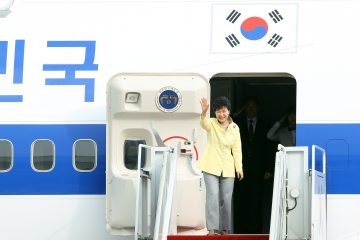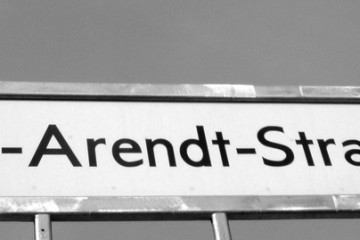
South Korea’s democracy needs greater accountability and transparency
With the Brexit vote and the election of Donald Trump, the democratic world seems to have entered an era of uneasiness and rebellion. In a part of the world remote from Europe and the United States, a relatively “young democracy”—South Korea—is not immune to the changes that are sweeping through the world’s democracies. The country is experiencing a crisis unprecedented since the 1990s when it consolidated its democracy. A recent political scandal involving President Park Geun-hye and her close friend Choi Soon-sil has spilled over politics and extended to South Korea’s politics, economy and education, leading to a far-reaching national crisis. Hundreds and thousands of South Korean citizens have taken to the streets holding up candles in protest against Park …

Hannah Arendt, Unconventional Challenge, and the New Social Order
Current world affairs are fraught with conflicts unknown even only several decades ago. Successive waves of migrants have reached Europe’s shores; terrorist groups are rampant in the Middle East, menacing personal safety and regional stability; North Korea, despite warnings and sanctions from the international community, obstinately continues to develop its nuclear programme; and climate change also warrants international collective action. These problems—the migration crisis, terrorism, nuclear proliferation, and climate change—it seems, are no longer confined to the boundaries of the nation-state or even to entities that can be recognised in shape, but consist in challenges and conflicts discursively transcending established space and boundaries, which can be dubbed ‘unconventional’. Indeed, players and problems thereof have been changing. What brought about these …










